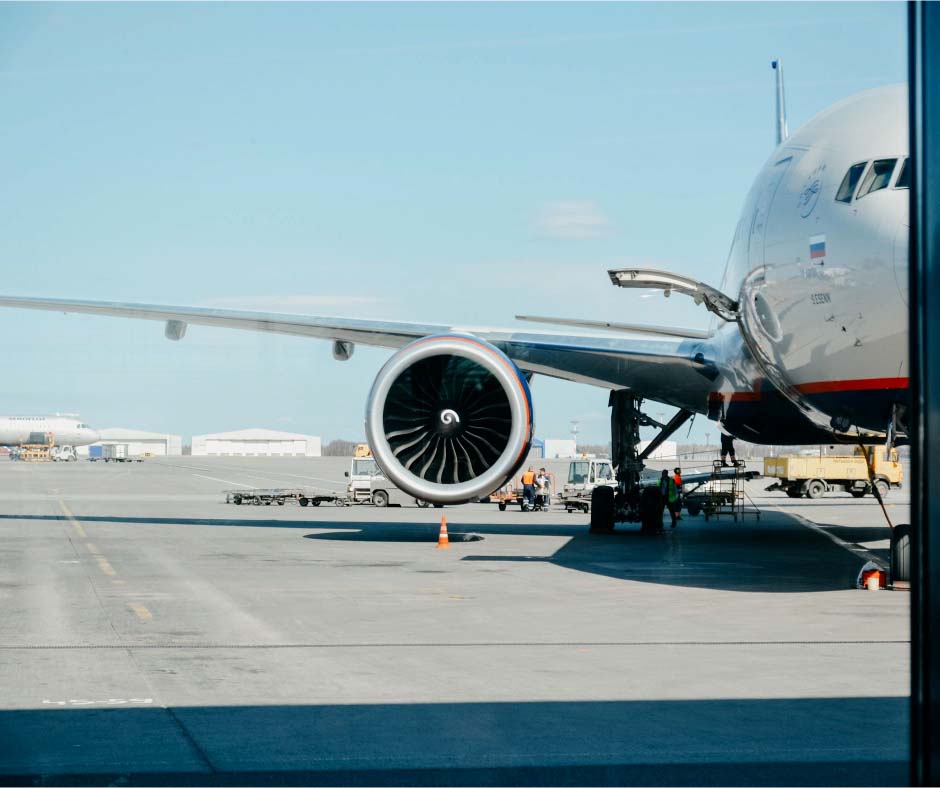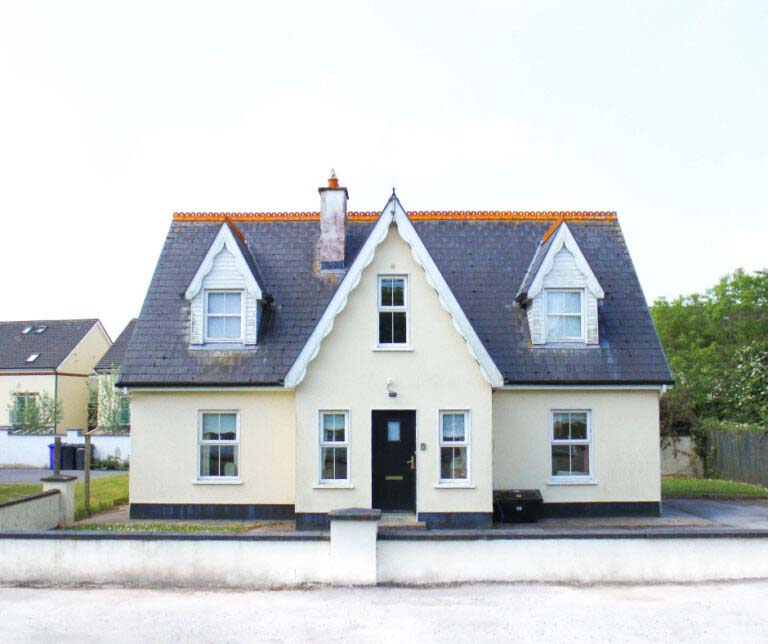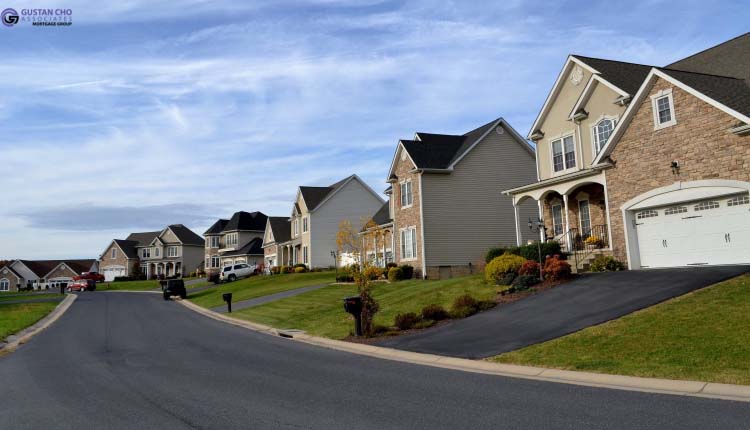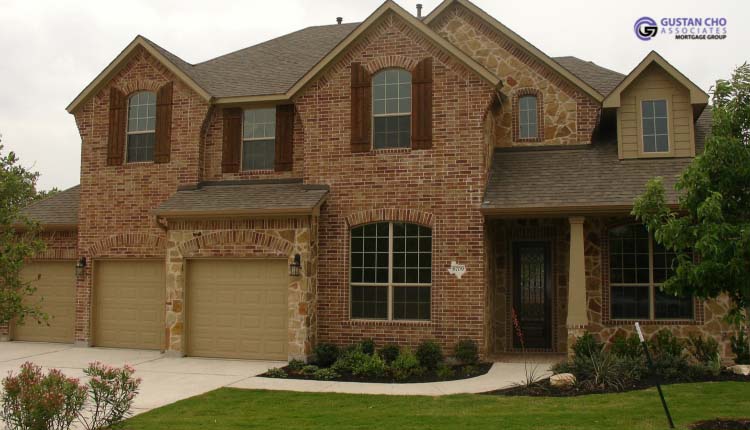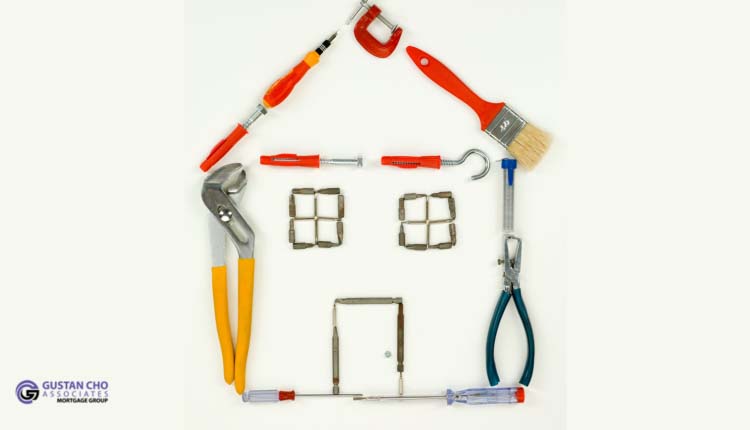Buying a House Near an Airport
In this guide, we will cover buying a house near an airport. When searching for a new home, location is everything, including proximity to an airport. Living near an airport may provide easy access to travel and other amenities but poses significant drawbacks. Dale Elenteny of Non-QM Mortgage Lenders lived near an airport for many years, and we will hear his take on buying a house near an airport:
Living near an airport can have its setbacks. However, studies prove you can get home prices below market. Depending on the city and locale, homes near an airport sell an average 10% below market value.
In this blog post, we examined the pros and cons of buying a houw3 near an airport, which can act as a guide to help house hunters make informed decisions. Buying a house near an airport may be a bargain for some people but not for others. Some families can deal with the loud jet noise and high traffic volume at all times of the day. Others would rather be a renter than a homeowner living by an airport with the jet noise. In the following sections, we will cover the considerations of buying a house near an airport.
Property Values Near Airports
One of the advantages of living near an airport is the potential increase in property values due to the accessibility of travel. This is particularly true for airports that are major hubs, providing access to a multitude of destinations.
Many people prefer to live near airports. Those who frequently travel for business or retirees who vacation often, living near an airport is a benefit. Plus, getting a bargain for being able to get the home at a discount is a double bonus.
Living close to an airport also means proximity to a vast range of commercial and social amenities, such as aircraft maintenance facilities, car rental services, airport hotels, eateries, and duty-free shops. This attracts a wide variety of people, including business travelers, aviation enthusiasts, and students in the aviation field, among others. These factors should be considered when purchasing a property near an airport.
Negatives of Buying a House Near an Airport
There are negative considerations of buying a house near an airport. However, despite the potential rise in property values, it’s crucial to remember that noisy environments can negatively impact property values. For instance, residents living in areas that experience substantial aircraft noise pollution can be less willing to pay high prices for property. Many medical professionals and environmental health experts are concerned with potential health hazards living near an airport:
Besides jet noise, high traffic, moreover, living too close to an airport can also lead to health and safety issues, affecting property values in the long run.
Some cities with airports have instituted regulations to manage noise pollution, such as restricting the use of loud engines, imposing time restrictions on planes landing and taking off, and implementing designated paths to help minimize the noise level. Individuals considering acquiring a home near an airport should also consider the impact of aircraft noise on their overall lifestyle.
Safe Distance to Live From an Airport
Living too close to airports can be risky due to noise pollution and airplane accidents. The Federal Aviation Administration (FAA) regulates land usage close to airports to ensure public safety. The FAA defines specific noise zones for residential areas under the flight path, which help homeowners understand the potential noise level and its impact on their quality of life.
The noise zones are classified based on an area’s average daily noise level (DNL). The level indicates the amount of noise people could hear over 24 hours during activities like sleeping, working, and studying. The FAA considers 65 decibels (dB) DNL as a significant impact zone because continuous exposure to such noise levels may cause adverse health impacts on people’s physical and mental health. Sound level meters accurately measure the noise levels of individual areas.
The FAA noise zones are essential in determining the safe distance to live from an airport. The agency recommends at least 10,000 feet from the runway or 1.5 miles from the airport for new construction projects. Living inside what the FAA calls “the high noise zone” should be avoided. If that’s not possible, soundproofing solutions should be implemented, such as installing insulation, double-glazed windows, and weather stripping to close gaps or openings.
Buying a House Near an Airport Cheaper?
Buying a house near an airport can be cheaper due to various factors, such as noise pollution and flight traffic over residential areas.
Furthermore, certain states and countries have varying regulations and standards for safe living distances from airports. Some have noise regulations that supersede federal ones, leading to varied safe living distance requirements.
The sound of airplanes can impact the area’s perceived desirability, making it a less popular location for homebuyers, further driving down the prices. However, the price difference may not always be the case, as other factors like access to facilities, local attractions, neighborhoods, or population density may also influence property rates.
Is it Harder to Sell a Home Near an Airport?
It’s generally seen that homes near airports may take longer to sell as potential buyers can be more cautious and take the noise of the airport into account. However, those in the aviation industry may be interested in homes adjacent to airports, which can attract a particular type of buyer for whom life next to the airport is an ideal location. Additionally, amenities and facilities and the unique features in the neighborhood can positively influence a homebuyer’s decision to purchase a home.
Is Homeowner’s Insurance More Expensive Buying a House Near an Airport?
Homeowner’s insurance rates for residences close to airports tend to be higher. Airport noise pollution can potentially cause structural damage to a home over time.
Creating a low-tech barrier using trees or erecting high fences can also effectively counter the noise. Such low-tech barriers offer a more environmentally friendly and aesthetic alternative to soundproofing and insulating your home.
Besides, there may be other hazards that such houses may be susceptible to, like airplane debris or engine failure, which may cause damage to homes.
How to Deal with the Noise from Airplanes Flying Over Your Home
Buying a house near an airport can come with challenges, including the noise from airplanes flying over your home. Fortunately, several strategies and techniques can be employed to mitigate the noise levels and help make life more peaceful for residents. John Strange of Non-QM Mortgage Lenders lived near Chicago’s O’Hare International Airport for 20-plus years. John said the following:
The first step in dealing with airplane noise is to ensure that the exterior of your home is well-insulated. Installing double pane windows and adding insulation can help to reduce the noise level, and so can using soundproof curtains. This measure can help to create a noise barrier that prevents outside noise from penetrating your home, allowing you to enjoy your privacy and make it easier to sleep.
Another option a homeowner can consider is planting trees or erecting a high fence around the home – this will act as a physical barrier and block off airplane noise to a certain extent. Trees make an effective natural shield due to their ability to absorb sound, especially when combined with shrubs, hedges, or other vegetation. Fences can help reflect sound away from the house, minimizing the noise.
Considerations Buying a House Near an Airport
For further noise reduction, homeowners can also utilize white noise generators or earplugs for a peaceful sleep. White noise generators play soothing sounds that cover up the noise of airplanes, while earplugs help to block out noise, allowing residents to sleep easier.
Buying a house near an airport boils down to the person’s personal preference and unique needs. It’s important to weigh the pros and cons listed above, identify your priorities, and consider how living near an airport could impact your lifestyle.
Buying a house near an airport provides convenience and easy access to amenities for some individuals, while the airport’s noise and potential hazards may not be worth it for others. No matter what you decide, factor in all necessary considerations before making a final decision. Whether you buy a home near an airport or not, remember that the perfect property awaits you.

